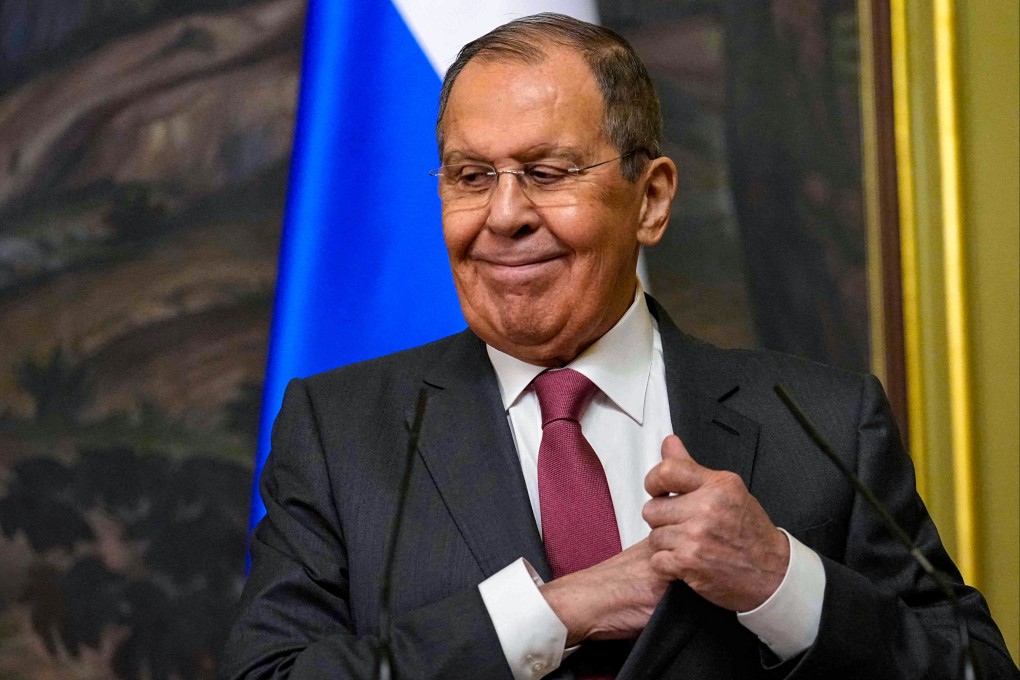Russia’s Lavrov, who will visit China soon, calls Beijing’s peace plan for Ukraine ‘reasonable’
- Top diplomat will meet his Chinese counterpart Wang Yi to discuss Ukraine, the Asia-Pacific and other issues, Russian foreign ministry says
- It could pave the way for a state visit by Vladimir Putin and comes at a sensitive time for the US-China-Russia triangle, according to analyst

Russian Foreign Minister Sergey Lavrov has praised Beijing’s peace plan for Ukraine, a day after it was announced that he will soon visit China.
Lavrov will meet China’s top diplomat Wang Yi to discuss Ukraine, the situation in the Asia-Pacific region and other issues, Russian foreign ministry spokeswoman Maria Zakharova said on Wednesday.
She did not say when the trip would take place.

Li Lifan, an expert on Russia and Central Asia at the Shanghai Academy of Social Sciences, said it was a sensitive time for the US-China-Russia triangle, and Lavrov’s trip could pave the way for a state visit to China by Russian President Vladimir Putin, which could happen in May.
Meanwhile, in a message congratulating Putin on his re-election, Chinese President Xi Jinping pledged to further deepen the “no limits” partnership with Moscow, defying criticism from the US-led West amid Russia’s invasion of Ukraine.
“China’s ties with Russia are at a high point and these frequent high-level exchanges will further consolidate their strategic ties against the backdrop of the intensifying US-China rivalry,” Li said.
He expected Beijing and Moscow to strengthen cooperation on security, economic and energy issues as well as on regional and international hotspots through platforms such as the Shanghai Cooperation Organisation that the two countries jointly founded.